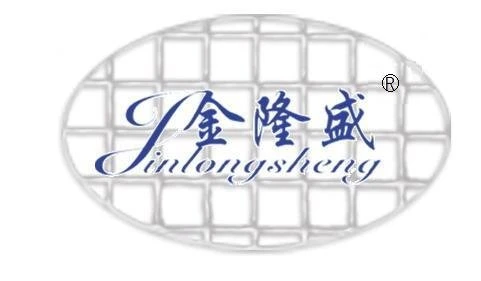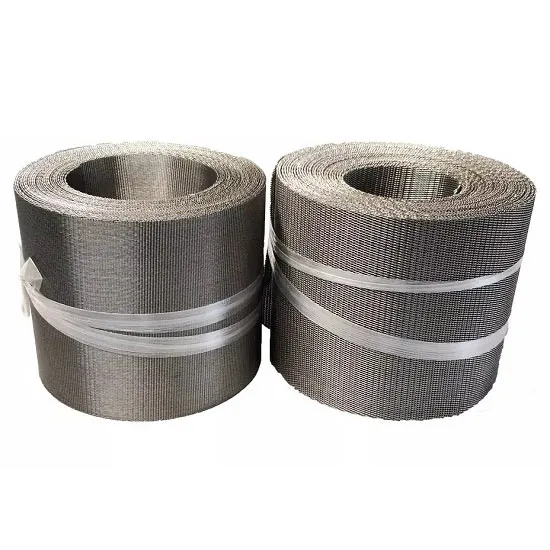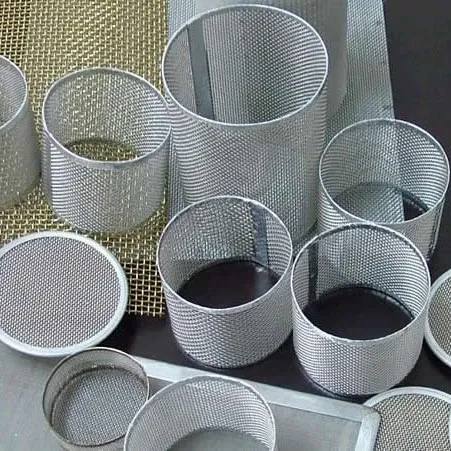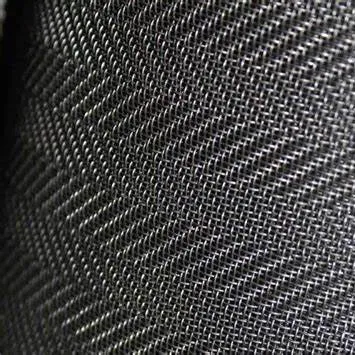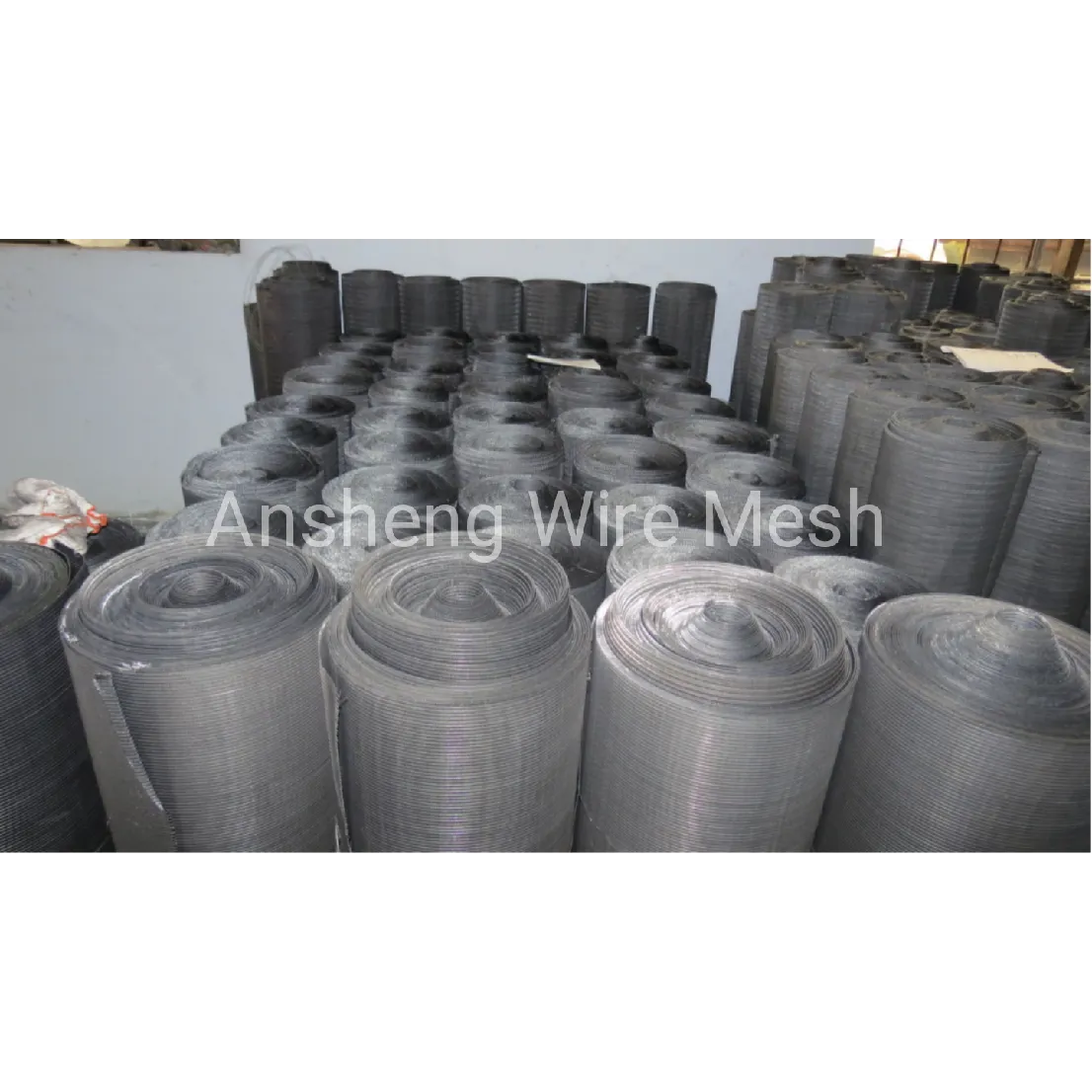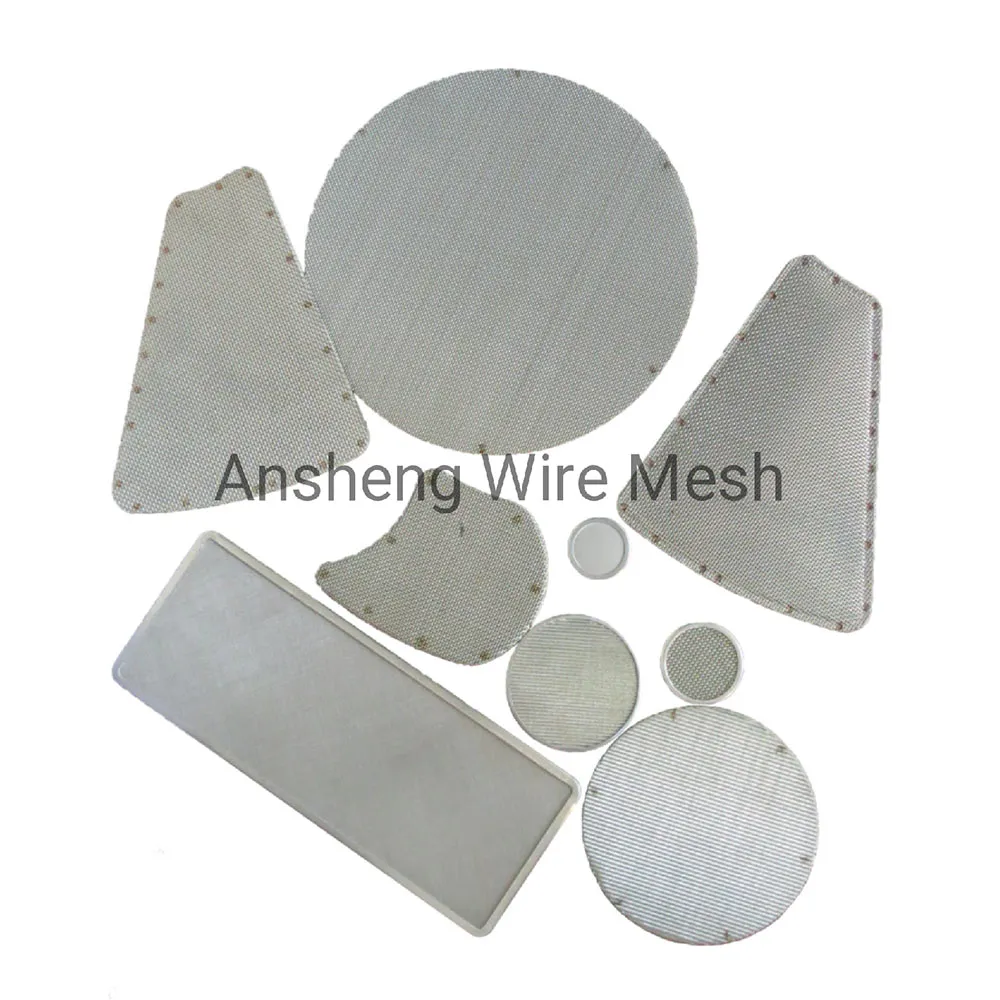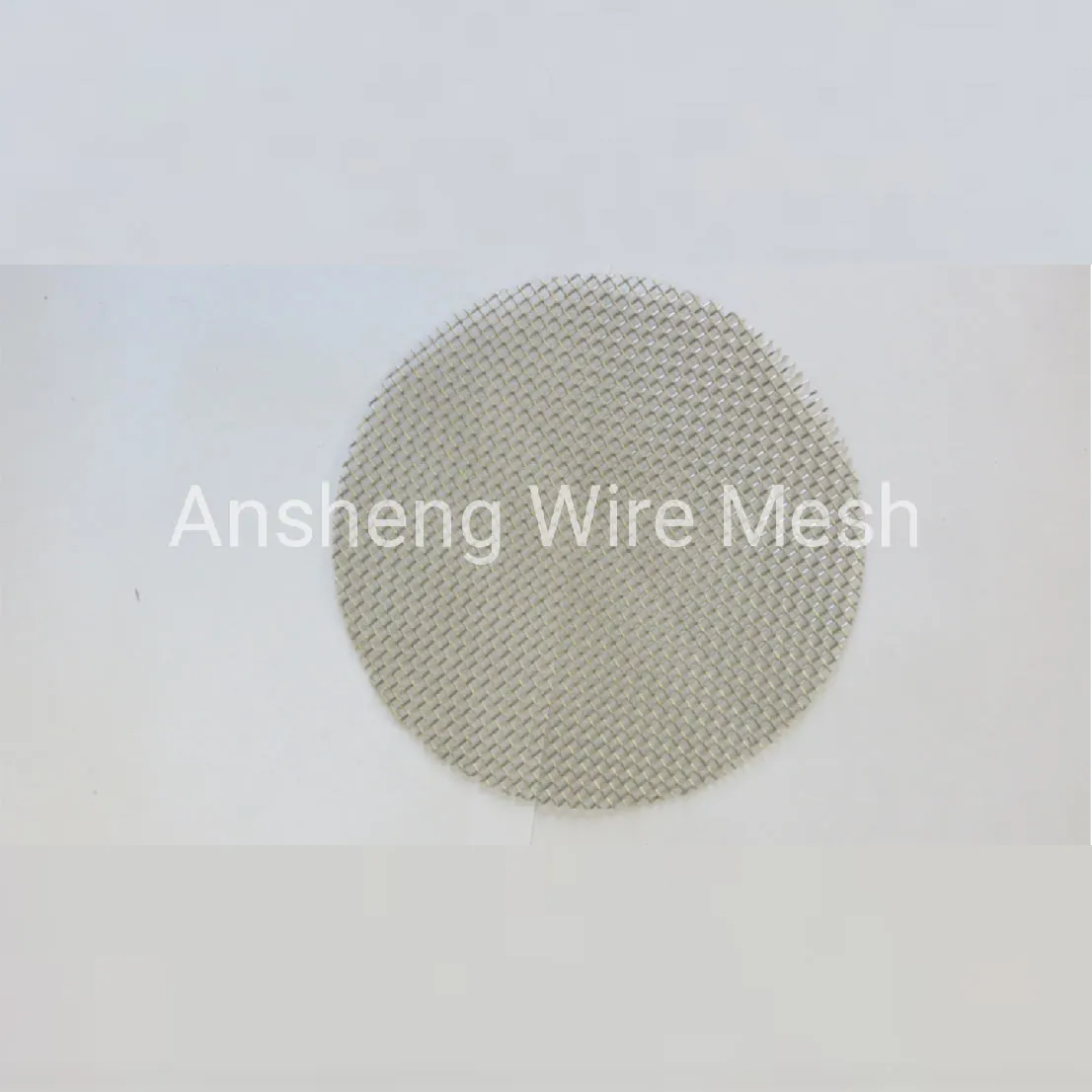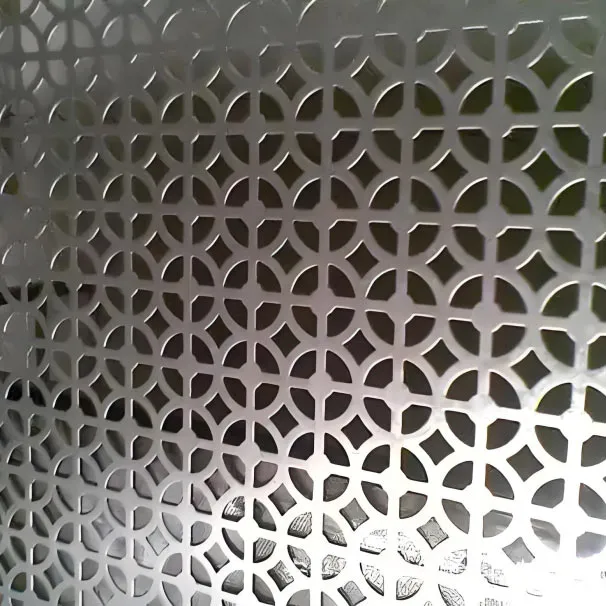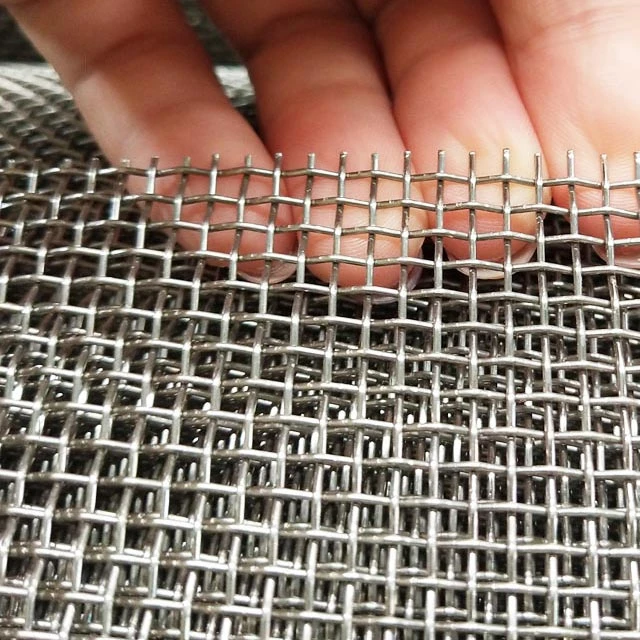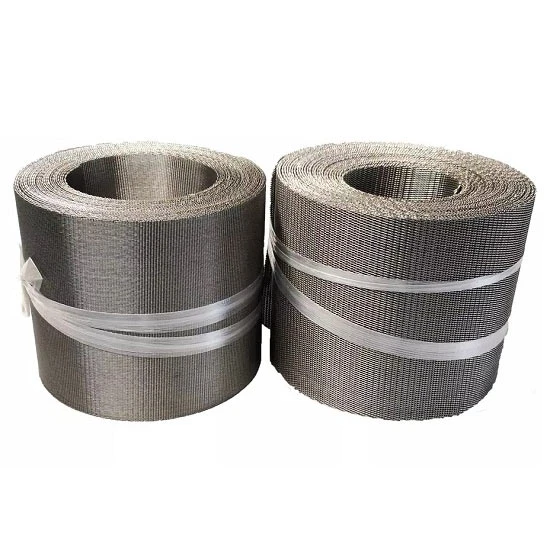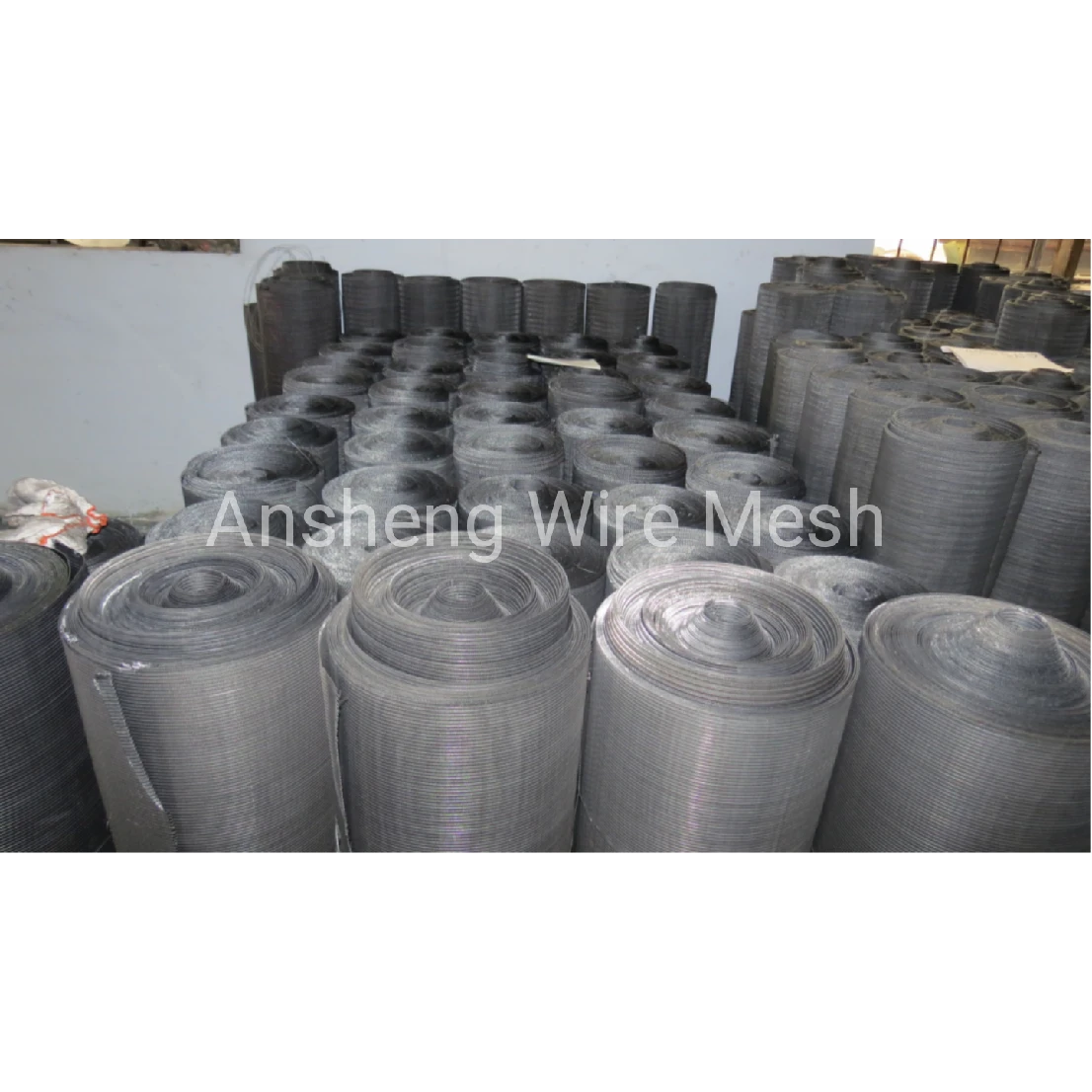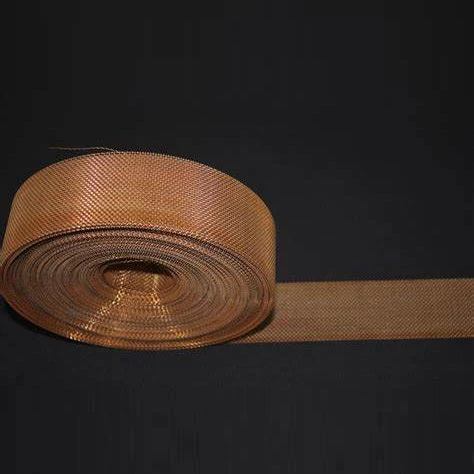Why Stainless Steel Mesh Still Rules the Industrial World
After some 15 years in the industrial equipment sector, one thing that never loses its appeal is stainless steel mesh (or ss mesh if you like the shorthand). I mean, think about it: in an industry loaded with high-tech materials, the trusty stainless steel mesh remains an absolute workhorse. It’s like that reliable old tool in your kit that you reach for daily and rarely consider replacing. So many things rely on it — filtration, screening, separation, you name it.
Oddly enough, the charm of ss mesh isn’t just about strength or corrosion resistance (though those are huge). It’s the combination of material science and practical design that gives it an edge. From lightweight 304 to the heavier-duty 316 grades, stainless steel mesh adapts to everything from harsh chemical environments to simple dust sieving.
Key Features and Specifications of Stainless Steel Mesh
In real terms, picking the right mesh means understanding a few technical specs that are actually quite simple once you get your head around them. Mesh size (the number of openings per inch), wire diameter, and weave style dictate everything from flow rates to durability. I’ve seen projects where the wrong mesh made a whole system inefficient — and with custom ss mesh, those mistakes get caught early.
| Specification | Range / Options | Typical Application |
|---|---|---|
| Material Grade | 304, 316, 430 stainless steel | Food processing, chemical |
| Mesh Size (Openings/Inch) | 3 - 400 mesh | Filtration to fine sieving |
| Wire Diameter | 0.02 mm - 2 mm | Strength and durability control |
| Weave Types | Plain, twill, dutch | Adaptability across industries |
How to Choose: Vendor Comparison for Stainless Steel Mesh Suppliers
Finding the right ss mesh supplier can feel like a maze — trust me, I know. You want quality, clear specs, durability, and ideally, a company that listens when you have odd specs or urgent needs. Here’s a quick rundown of what I’ve noticed among top vendors in this space:
| Vendor | Material Options | Customization | Lead Time | Quality Certification |
|---|---|---|---|---|
| Ansheng Filter Screen | 304, 316, custom alloys | High - custom weave & size | 2-3 weeks | ISO 9001, SGS |
| Global Wire Mesh Inc. | Standard stainless steels | Medium - standard sizes | 3-4 weeks | ISO 9001 |
| MetalWorks Ltd. | Limited stainless options | Low - fixed inventory | 1-2 weeks | None |
A Little Field Story — When Mesh Changed the Game
I recall a project where a client was fighting constant clogging in their air filtration system — it was a nightmare, frankly. Turns out, the original mesh was low-grade, with inconsistent weave and poor corrosion resistance under humid conditions. We swapped it for a tailored 316 stainless steel mesh from Ansheng ss mesh line, customized for their exact pore size and airflow needs. Within weeks, their equipment ran cleaner, downtime fell dramatically, and their maintenance team finally smiled again.
That’s the kind of difference proper ss mesh can make — not just “metal cloth,” but a precision-engineered component that quietly saves the day.
Final Thoughts — Stainless Steel Mesh Remains Essential
Working in the industrial sector, I’ve seen fads come and go, but stainless steel mesh stays relevant. Perhaps it’s because it answers a fundamental need: strong, adaptable screening in often unpredictable environments. Whether you’re sorting grains or filtering aggressive chemicals, it’s worth taking your time to choose the right mesh, and honestly, the right supplier.
So next time you consider filtration or screening components, remember — the right stainless steel mesh might just be the quiet hero you’ve been overlooking.
References & Reflection:
- Practical Guide to Wire Mesh, Industry Journal, 2022
- Conversations with Field Engineers, 2018–2023
- Ansheng Filter Screen Technical Datasheets
Post time: Nov . 12, 2025 18:00
